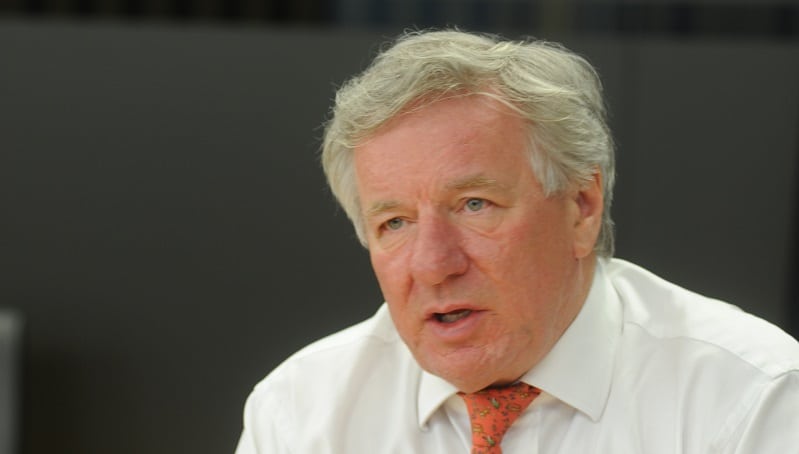Outflows from the Scottish fund manager are higher now than they were before the merger of Standard Life with Aberdeen Asset Management.
Aberdeen Standard Investments (ASI) ended the first six months of the year with redemptions of £19.2bn, 17% higher than the firms’ combined net outflows of £16.4bn over the corresponding period last year.
This took ASI’s assets under management and administration (AUMA) down to £639.3bn at the end of June from £654.9bn at the start of the year.
Total net outflows for SLA stood at £16.6bn. The parent company’s AUMA fell 3% from £627bn to £610bn, while adjusted profits before tax slid to £478m from £521m.
Since the merger of Aberdeen and Standard Life in March last year, the group has set its sights on becoming a ‘capital lite’ world class investment company, ditching its more mature UK and European life insurance businesses. But many of its flagship products like Standard Life’s Global Absolute Return Strategies fund (Gars) have continued to haemorrhage money.
Co-chief executives Martin Gilbert (pictured) and Keith Skeoch admitted conditions for the asset management industry remain “challenging” but said they are actively taking steps to improve performance in key areas.
CEO partnership exceeding expectations
During a conference call on Tuesday, the pair confirmed that the Gars fund had seen its total assets shrink by £5bn but said there had been an improvement in outflows. The fund has dropped to £17.5bn from a peak size of £26bn as it continues to suffer from poor performance.
They added that a more volatile market has “reinforced the strategic logic of our merger,” including the decision to have joint-CEOs.
The dual chief executive structure has proved difficult for some newly merged asset managers. Last week Janus Henderson sent Andrew Formica on his way with $12m severance pay, making Dick Weil the sole CEO.
Gilbert said: “There are clear differentiations of what we do, and we think we complement each other, it has exceeded expectations.”
Accelerated share buyback
Higher redemptions in its first half figures are the latest blow to the FTSE 100 investment group after losing two major contracts this year, including a Scottish Widows mandate worth £109bn.
But SLA’s shares were up 3% at 315p on Tuesday morning, as the group revealed it would be accelerating its £1.75bn share buy back programme, funded by the proceeds from the sale of its insurance arm to Phoenix. They remain at a 12-month low, down 25% year-to-date.
SLA said it would be releasing the first tranche of £175m in the next few days.











